Historical Holiday
-
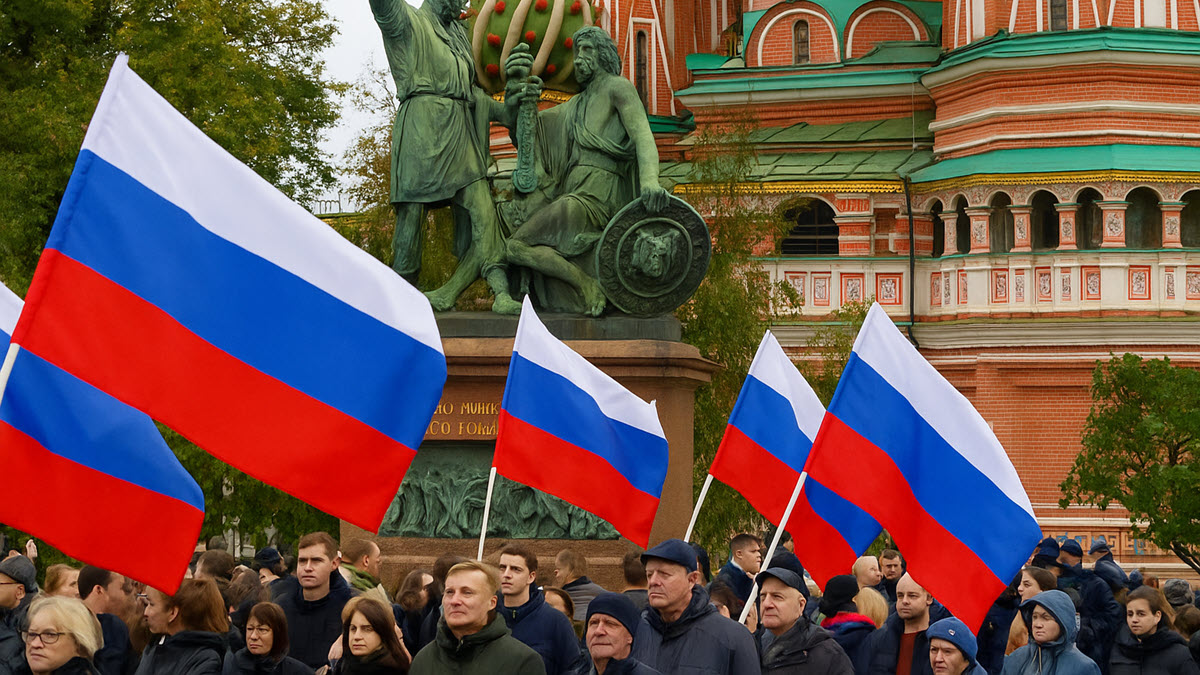
Unity Day (Russia)
Unity Day in Russia commemorates the 1612 liberation of Moscow from Polish occupation and honors the unity of the Russian people. It symbolizes patriotism, national solidarity and the strength of coming together in defense of the homeland.
-
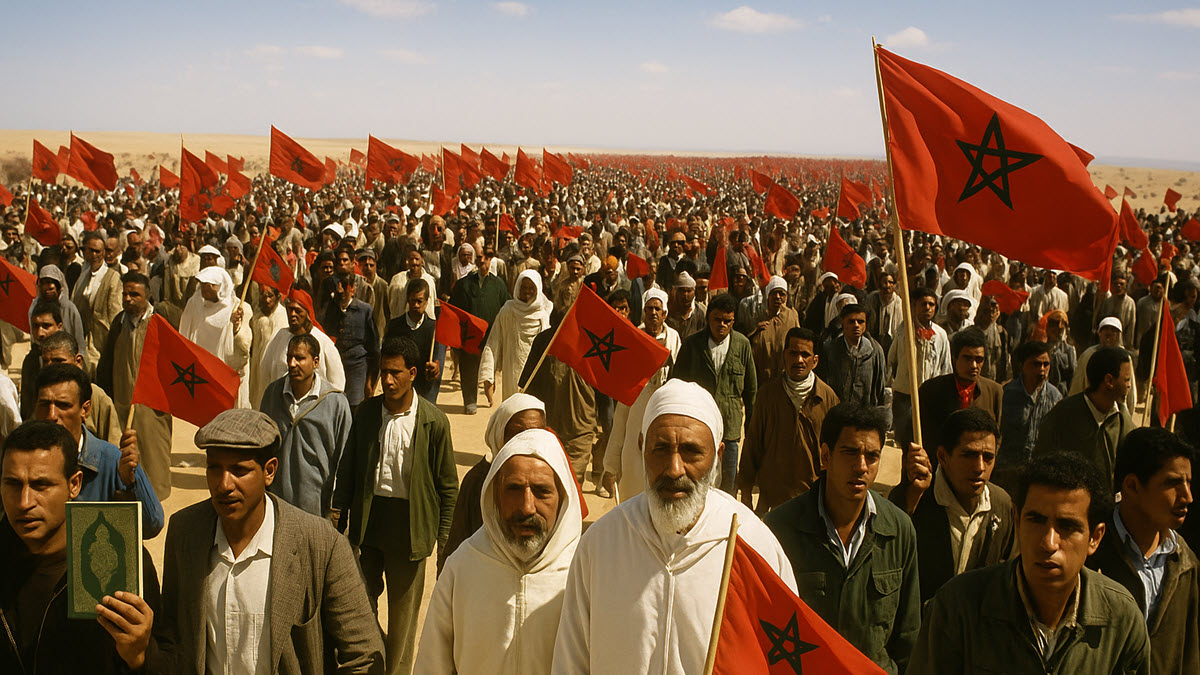
Green March Day
Green March Day in Morocco commemorates the 1975 peaceful mass demonstration in which 350,000 Moroccans marched into the Sahara to affirm Morocco’s sovereignty, symbolizing unity, patriotism, and national determination.
-
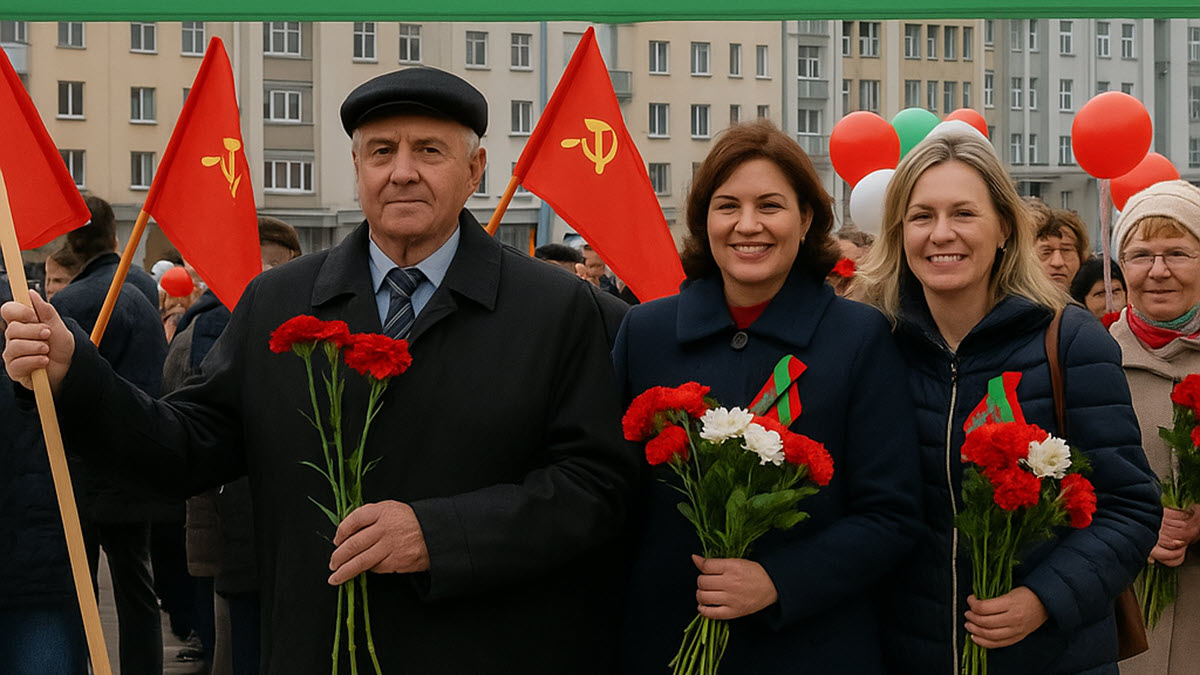
October Revolution Day (Belarus)
October Revolution Day in Belarus commemorates the Bolshevik Revolution of 1917, which led to the establishment of Soviet power and the creation of the former USSR. Once one of the most significant holidays in the Soviet calendar, it remains a public holiday in Belarus, symbolizing historical continuity and respect for those who contributed to the country’s social and industrial development.
-
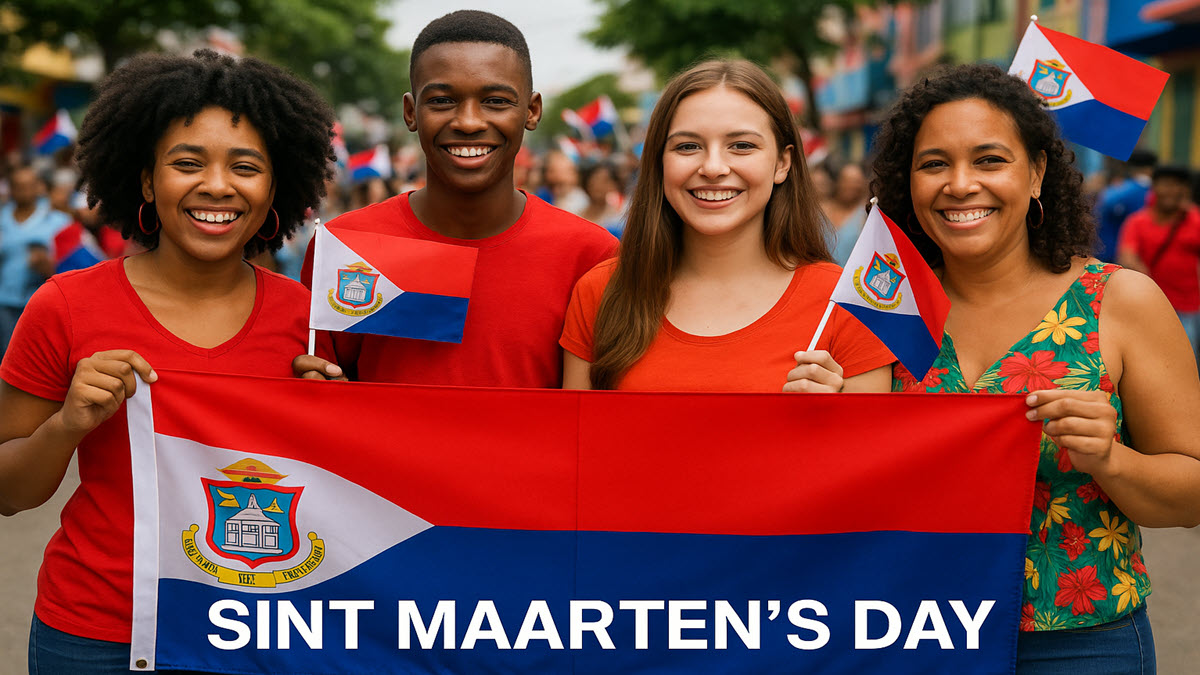
Sint Maarten's Day
Sint Maarten’s Day commemorates both the naming of the island by Columbus in 1493 and honors Saint Martin of Tours. Today, it is a public holiday of unity, jointly celebrated by French Saint-Martin and Dutch Sint Maarten with ceremonies, cultural festivities, and community pride.
-
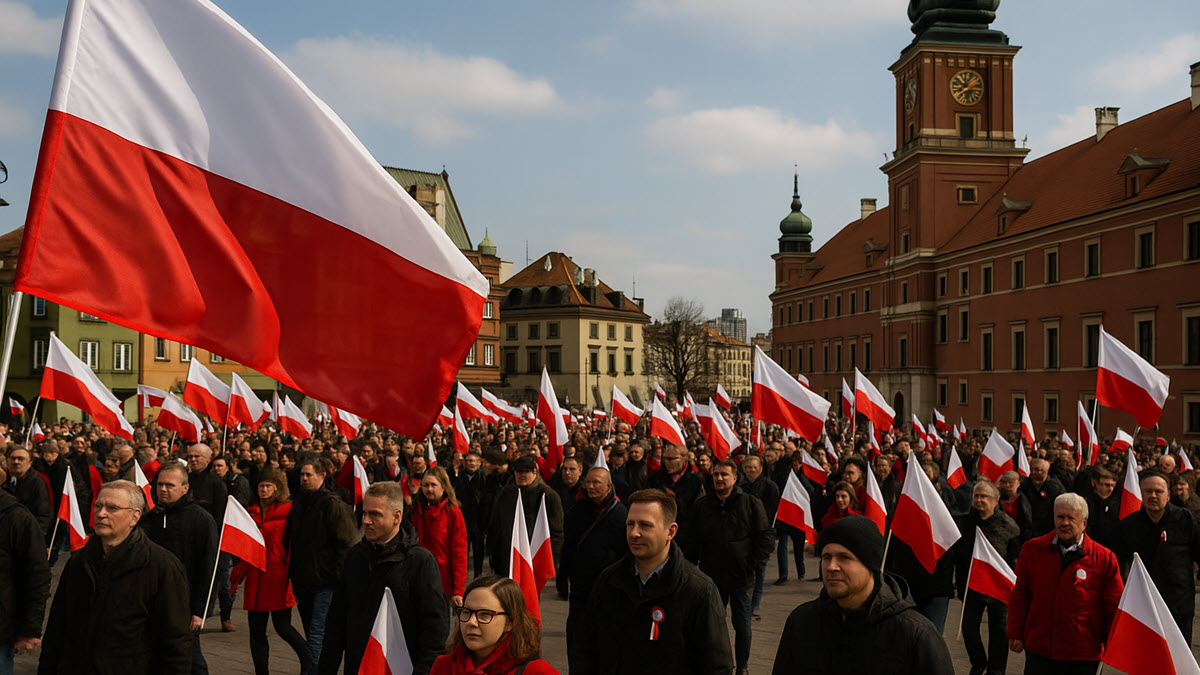
Independence Day (Poland)
Independence Day in Poland marks the country’s regaining of independence in 1918 after 123 years of partitions by Russia, Prussia, and Austria. It honors the restoration of the Polish state and the efforts of national heroes like Józef Piłsudski. It is a symbol of freedom, resilience and unity for the Polish people.
-
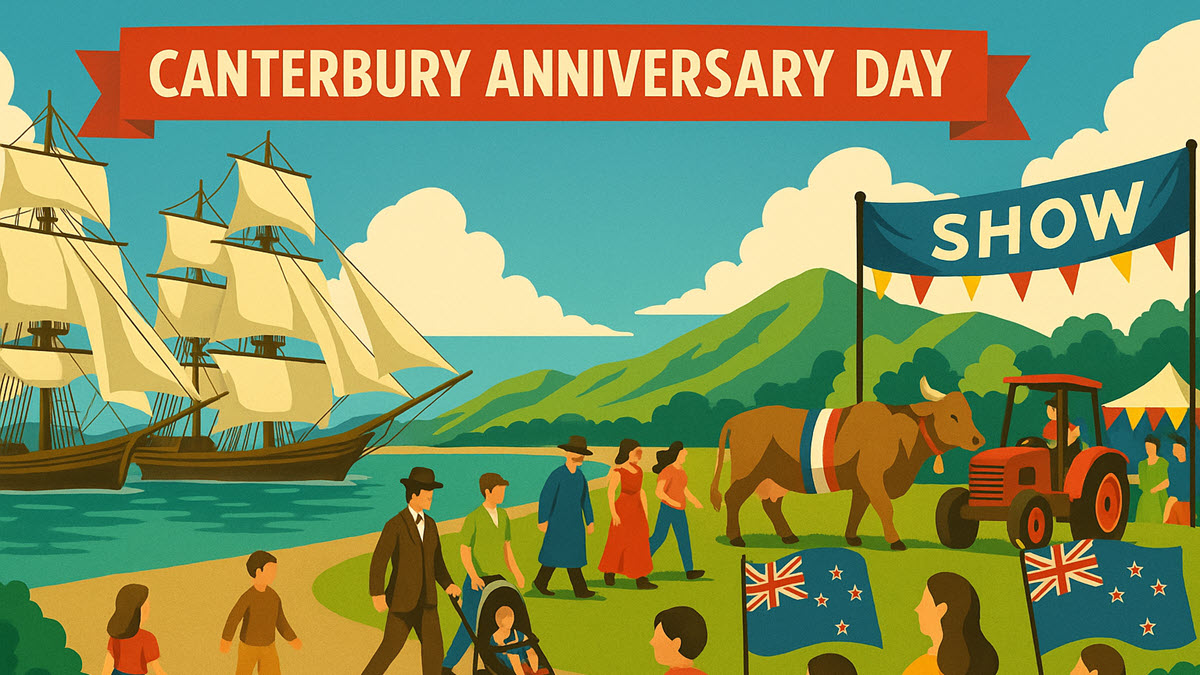
Canterbury Anniversary Day
Canterbury Anniversary Day commemorates the arrival of the First Four Ships in 1850 and the founding of the Canterbury Province. Though linked to December 16, it is now observed on the Show Day in November, marked by agricultural fairs, community events and a regional holiday.
-
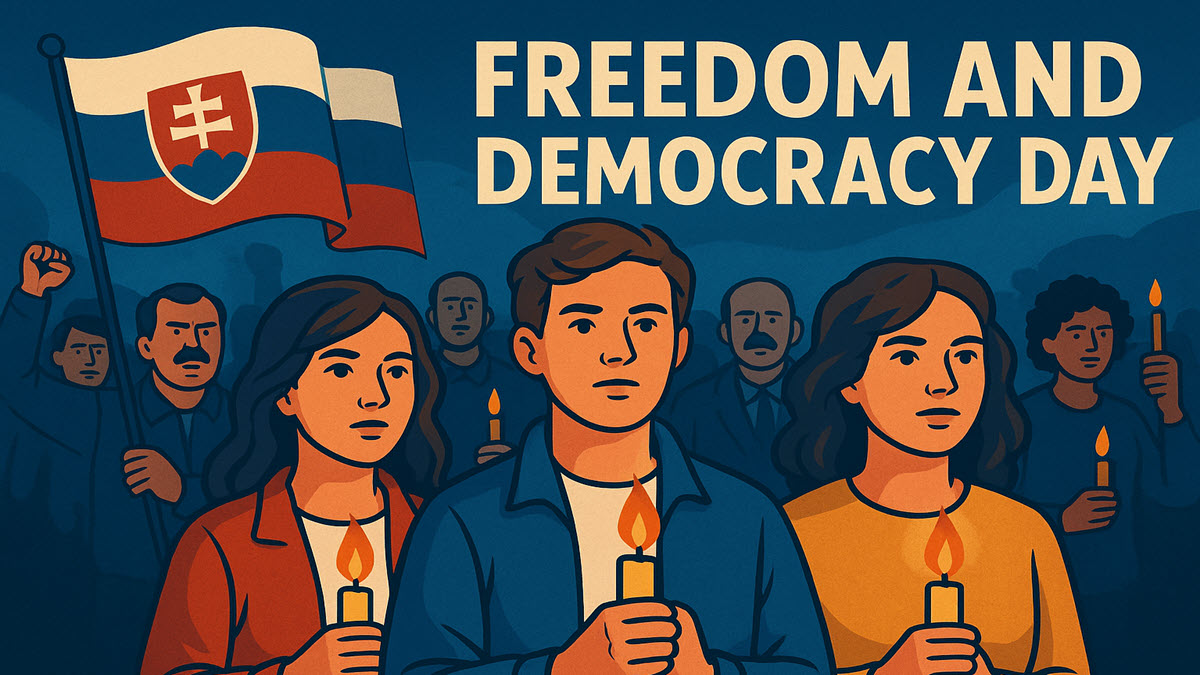
Freedom and Democracy Day (Slovakia)
Freedom and Democracy Day in Slovakia commemorates both the 1939 student protests against Nazi occupation and the 1989 student-led Velvet Revolution, symbolizing the nation’s ongoing commitment to freedom, democracy, and civic courage.
-
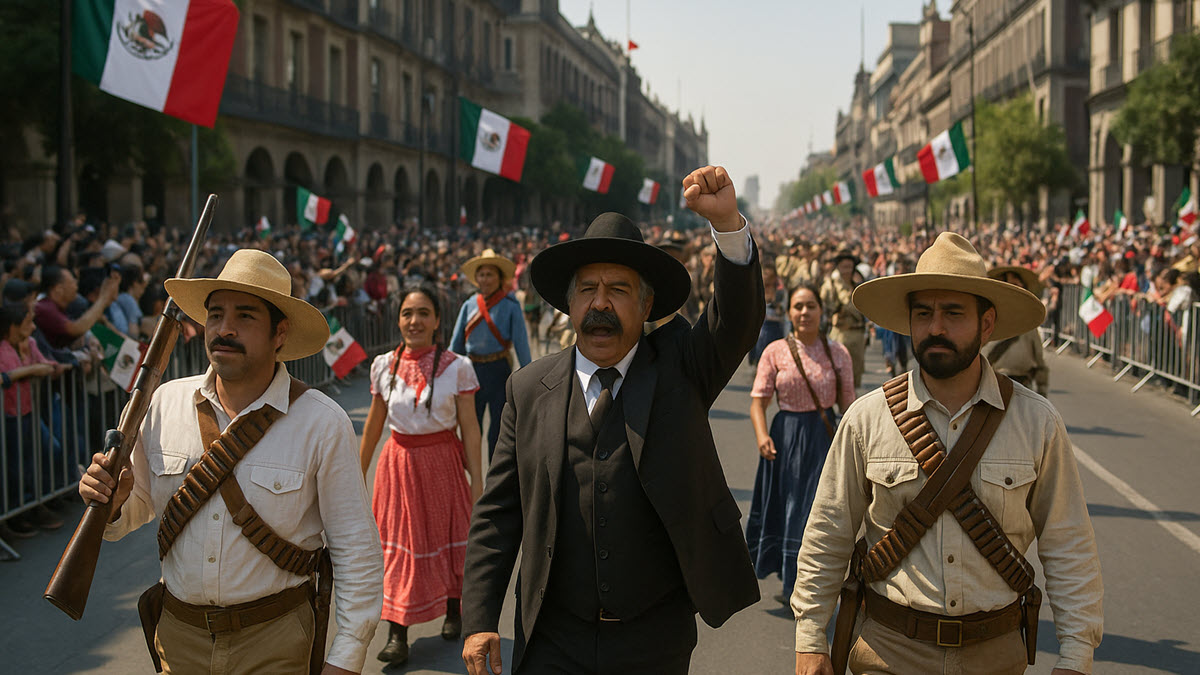
Revolution Day (Mexico)
Revolution Day in Mexico is to commemorate the start of the Mexican Revolution of 1910. This major social and political uprising began when Francisco I. Madero called for an end to the long dictatorship of Porfirio Díaz. The revolution brought significant reforms in land ownership, labor rights, and education, shaping modern Mexico. The day honors the revolution’s heroes and Mexico’s ongoing pursuit of justice, democracy and equality.
-
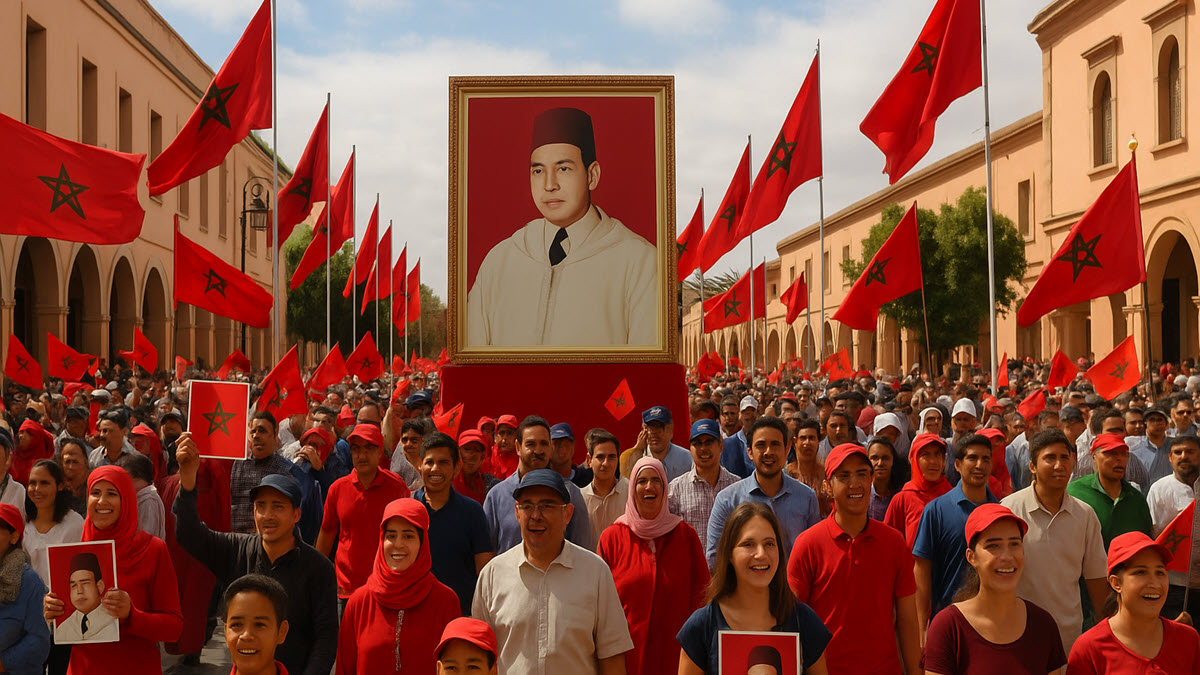
Independence Day (Morocco)
Independence Day in Morocco marks the country's liberation from French colonial rule in 1956 and the return of King Mohammed V, symbolizing national sovereignty, unity, and the rebirth of the modern Moroccan state.
-
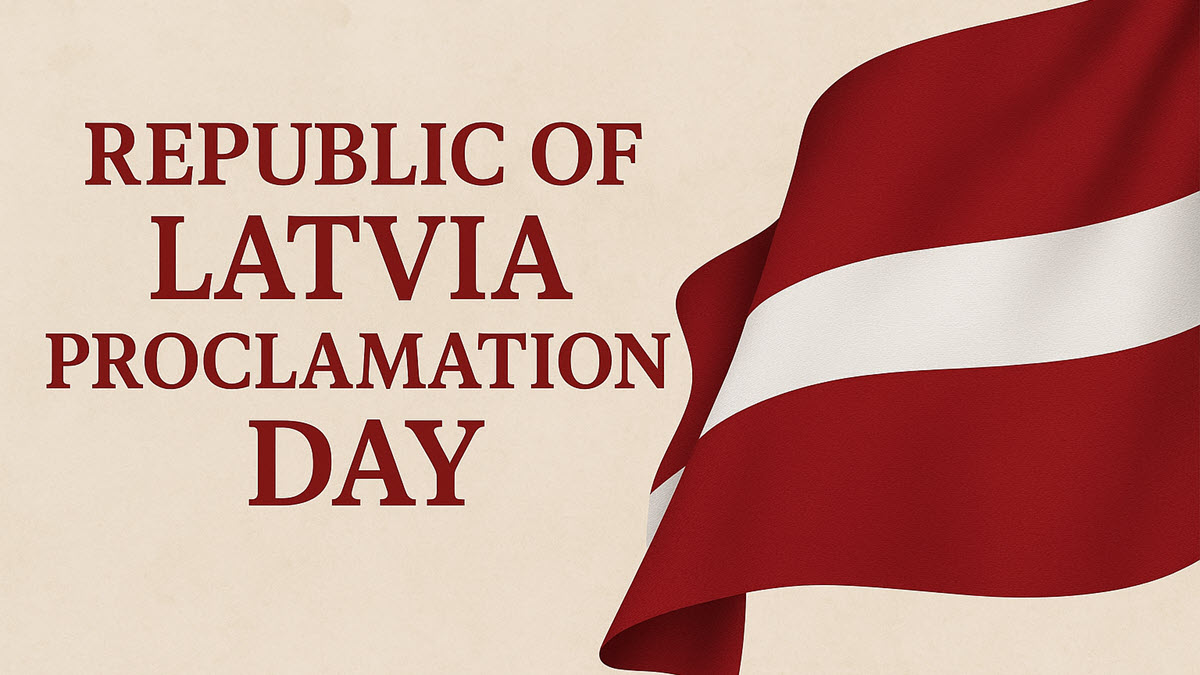
Republic of Latvia Proclamation Day
Republic of Latvia Proclamation Day marks the 1918 declaration of independence in Riga, when Latvia became a sovereign state. The day honors national unity, freedom, and the enduring spirit of the Latvian people.
-
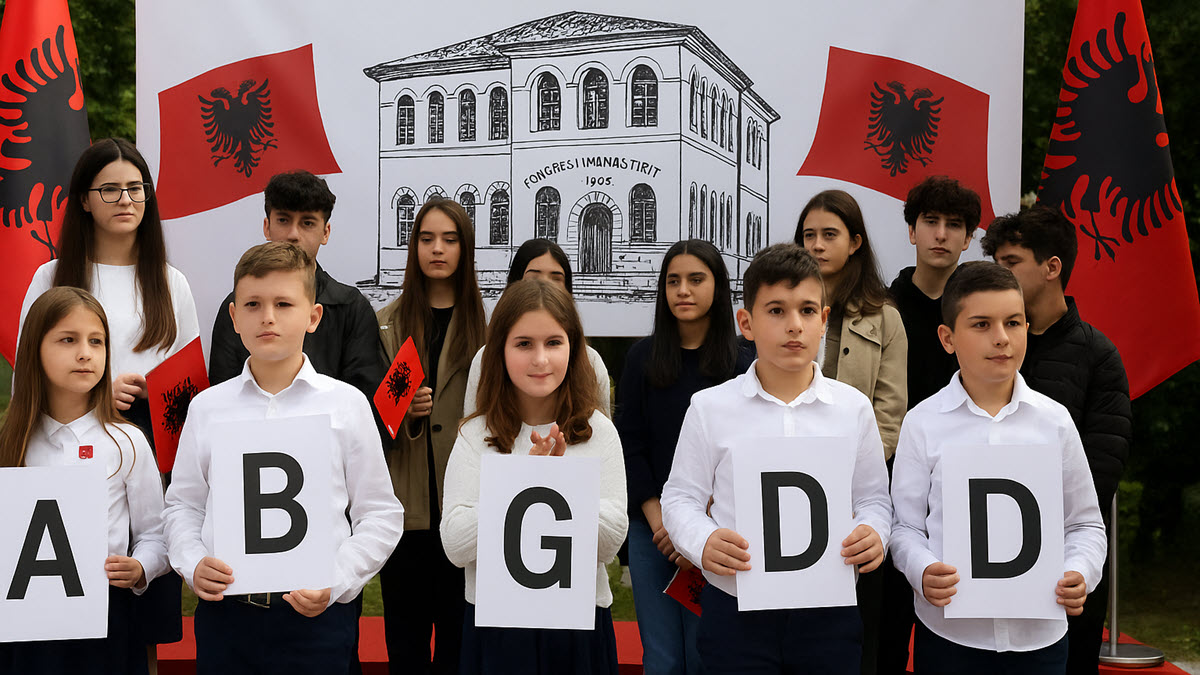
Alphabet Day (Albania)
Alphabet Day in Albania commemorates the 1908 Congress of Manastir, where Albanian scholars unified the Albanian alphabet, marking a key step in preserving national identity and cultural independence.
-
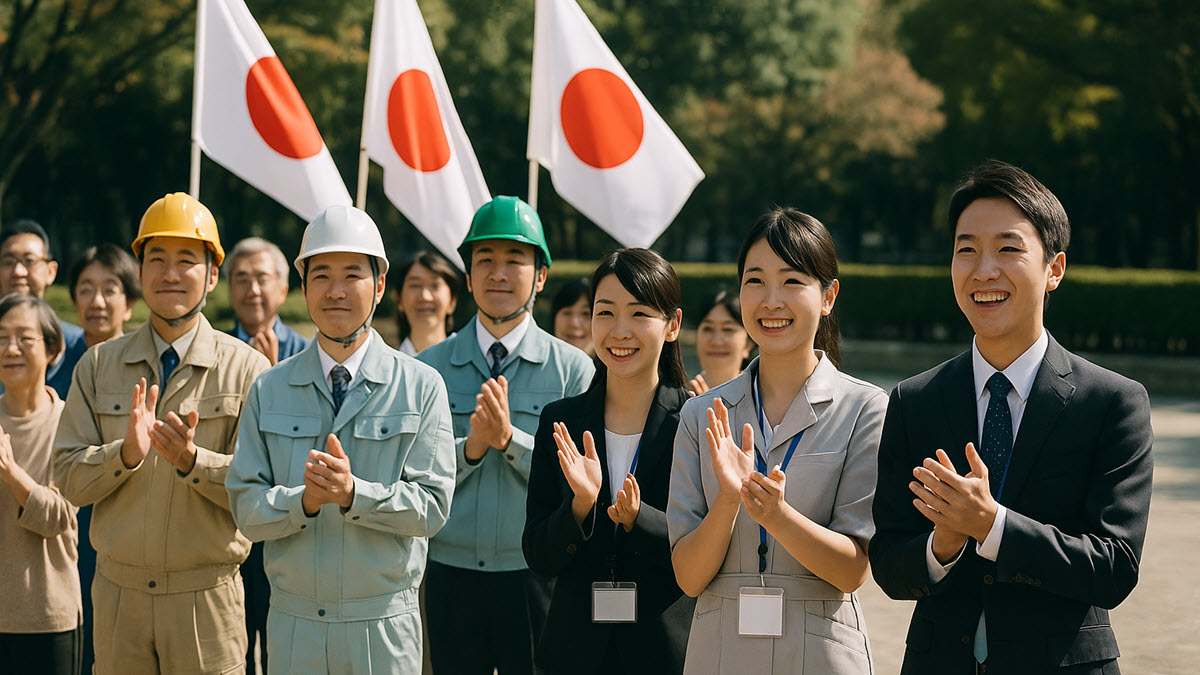
Labor Thanksgiving Day (Japan)
Labor Thanksgiving Day is a national holiday dedicated to honoring workers, expressing gratitude for their efforts, and celebrating the fruits of labor. The day has roots in ancient harvest festivals and reflects Japan's values of diligence, cooperation, and appreciation. Today, schools and communities hold ceremonies and events to recognize contributions to society and promote mutual respect among all workers.